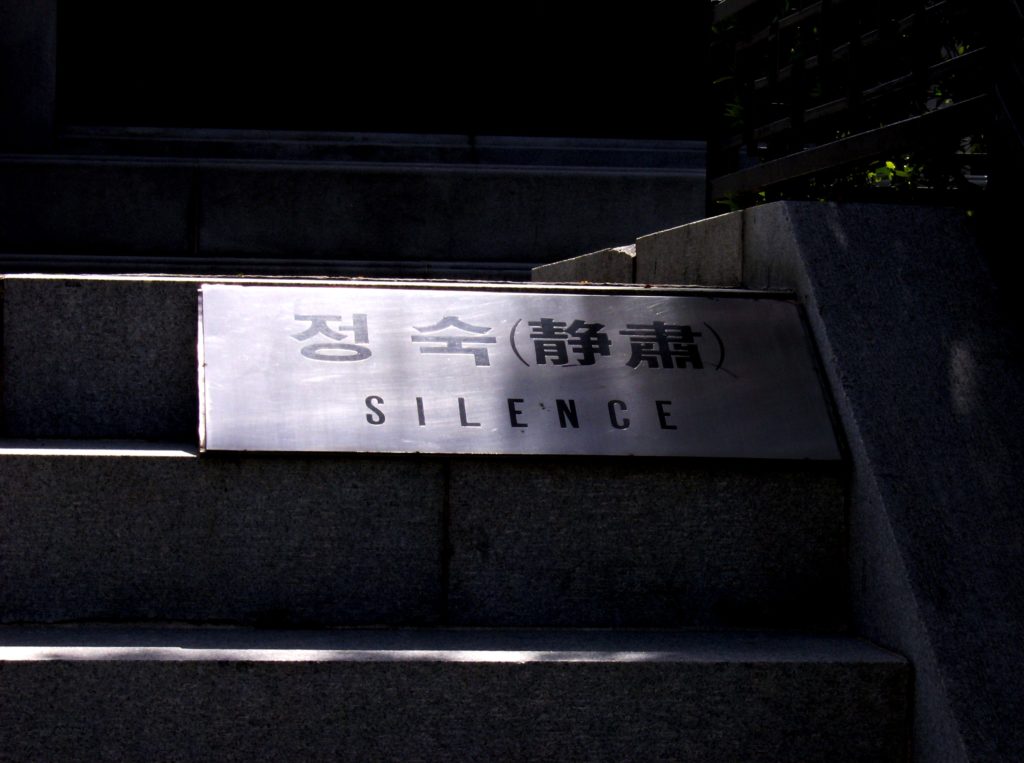Irreconcilable Differences, Part Three
A few more ways that I am at odds with today: I would rather live in a world with many things to fear than in a world with nothing to fear, because the opposite preference represents the emotional state of a child — and implies the practical conditions of a slave. It is preferable to live in a society in which people care...





